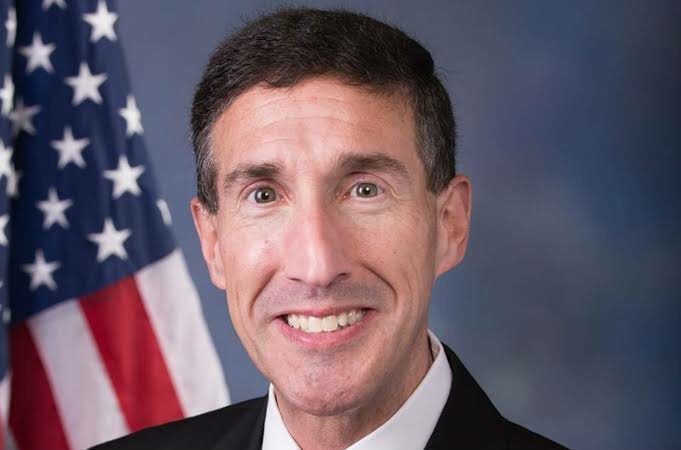Kustoff introduces the CDBG Modernization Act
Tennessee’s 8th District congressman said program needs updating to benefit cities such as Jackson
Staff Reports
A member of Congress, representing Tennessee’s Eighth District, co-sponsored legislation designed to help cities such as Jackson receive more funding through HUD and Community Development Block Grants.
In a press release issued earlier this week, U.S. Rep. David Kustoff (R-TN) announced he and U.S. Rep. French Hill (R-AR) recently introduced the CDBG Modernization Act in the House of Representatives. Kustoff’s 8th congressional district comprises Carroll, Chester, Crockett, Dyer, Fayette, Gibson, Hardeman, Hardin, Haywood, Henderson, Henry, Lake, Lauderdale, Madison, McNairy, Obion, Tipton and Weakley counties. It also contains a large piece of Shelby County, including the eastern part of Memphis, half of Tipton County, and a small piece of Benton.
This legislation will establish a new formula for calculating the U.S. Department of Housing and Urban Development's (HUD) Community Development Block Grant (CDBG) funding for cities and counties, according to the news release.
The release further notes, since its last update in 1978, the program's ability to effectively allocate funds for economic development, community support, housing, and infrastructure has diminished. Today's outdated formula has resulted in many better off communities receiving more funding than distressed communities that could put the funds to better use.
"Memphis and Jackson are just two of many communities across the country that have missed out on CDBG funding due to the program’s old and inefficient formula," said Congressman Kustoff. "That is why Rep. Hill and I introduced the CDBG Modernization Act which will modernize the formula for calculating the amount of funds that localities receive. This legislation will ensure cities in West Tennessee, and across our country, have the resources they need to serve their communities and grow their economies."
“HUD’s formula to calculate CDBG funding was developed decades ago and no longer represents any of our communities and their priorities. This formula should be updated so that rural communities in Arkansas and across our nation are not missing out on important CBDG funding,” said Congressman Hill. “Our bill would modernize the CDBG program to ensure the money is prioritized to better reflect today’s needs across our nation’s diverse towns and cities located in highly rural and urbanized states. I thank my friend and colleague Rep. Kustoff for joining me in reintroducing our commonsense legislation.”
This legislation is supported by City of Memphis Mayor Paul A. Young.
"I am proud to support the CDBG Modernization Act, which will update and adjust the CDBG formula such that it targets the most pressing needs in communities. CDBG funds are an important tool in helping to rebuild America’s cities and this is a great step towards ensuring equitable distribution of funds." said Mayor Young.
Background:
The primary objective of the Community Development Block Grant program is the development of healthy, prosperous communities. Established in 1974, the CDBG program was designed to target funding towards communities that are most in need, such as areas with high levels of poverty, neighborhood blight, deteriorated housing, physical and economic distress, etc.
Originally introduced in the 117th Congress, the CDBG Modernization Act will fix the program’s outdated formula and wasteful spending by establishing a new entitlement formula that more effectively targets need.
Specifically, this bill:
- Directs HUD to conduct a study to:
* Assess the entitlement formula’s effectiveness in targeting community need and report on funding inequities due to its current design.
* Develop alternative formula(s) that will more effectively target community need and maintain effective needs-based targeting over time through re-evaluating factor(s).
* Compare the alternative formulas to the current entitlement formula to determine which recipients are over-subsidized and under-subsidized.
- Replaces the current entitlement formula with a revised formula developed by HUD in the study.
- Establishes a five-year “phase-in” implementation period to allow entitlement communities to adjust their budgets accordingly.
- Directs HUD to conduct a new study every 10 years on effectiveness of the CDBG program.






